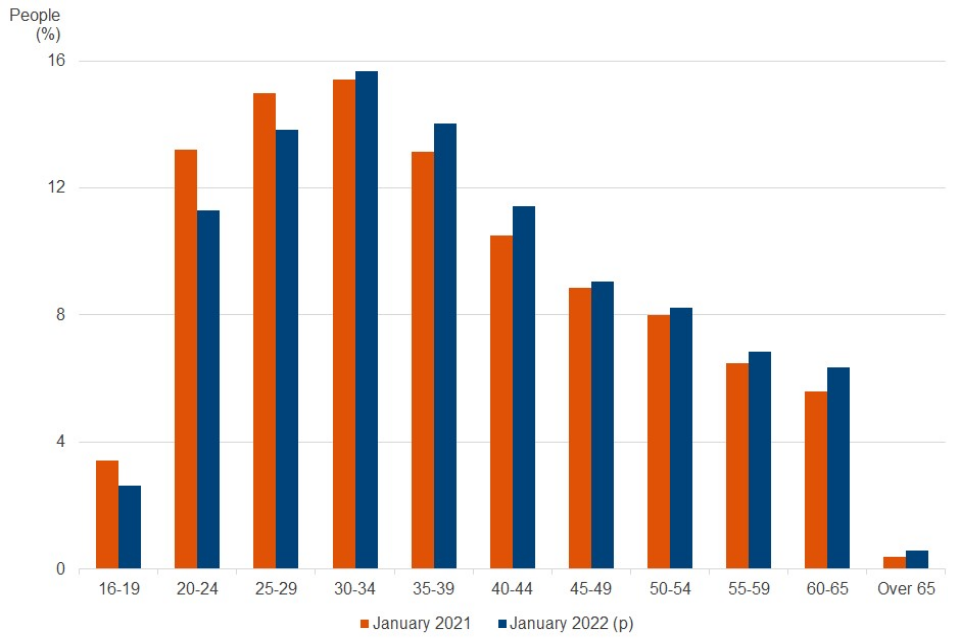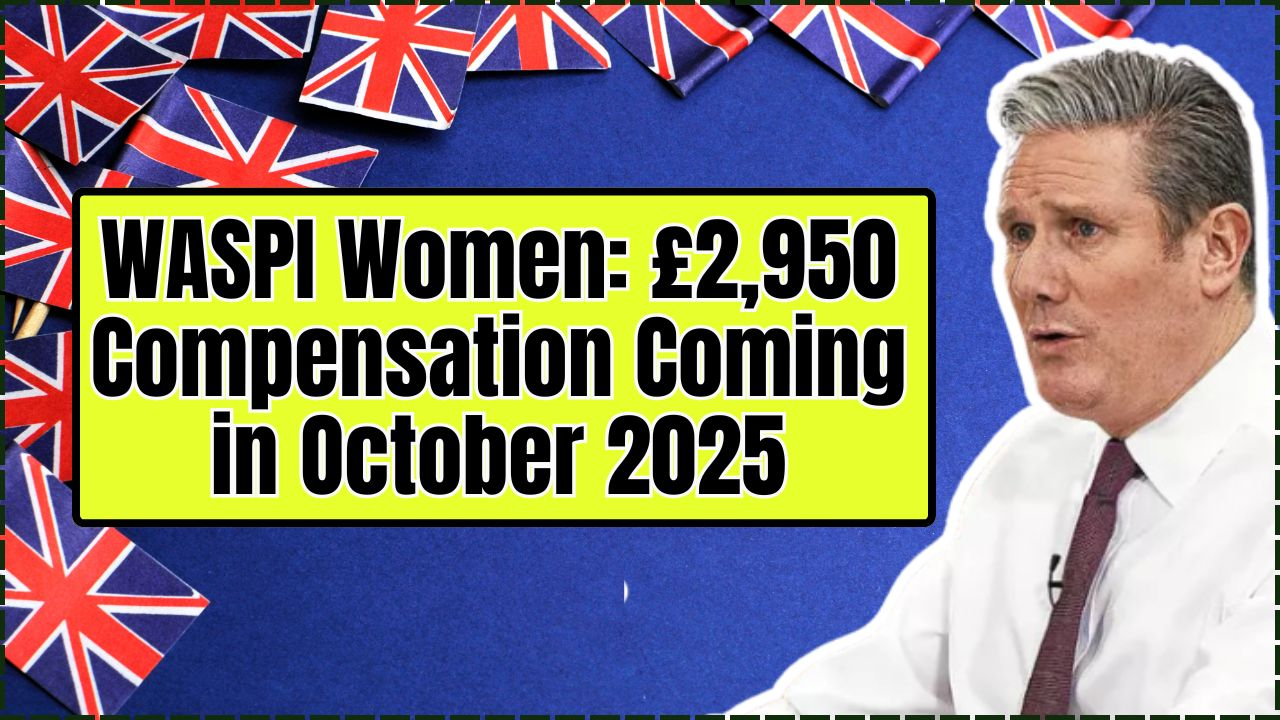
Universal Credit, a vital financial support programme for low-income individuals in the UK, offers payments of up to £378, depending on eligibility. This benefit is designed to assist those who are unemployed, working with low wages, or facing financial hardship. Understanding the eligibility criteria is essential to ensure that you can access the support you’re entitled to.
Table of Contents
£378 DWP Universal Credit
| Key Fact | Detail/Statistic |
|---|---|
| Maximum Payment | Up to £378 per month |
| Eligibility Age | Must be 18 or over (16 or 17 in certain cases) |
| Savings Limit | Must have £16,000 or less in savings |
| Types of Eligibility | Income, health conditions, disability, childcare, housing costs |
| Official Website | gov.uk |
Universal Credit plays a critical role in supporting individuals and families who are struggling financially. Understanding the eligibility requirements and how to apply is essential for anyone seeking this assistance. While the £378 payment serves as the baseline for most claimants, additional factors like children, disabilities, and housing needs may lead to higher payouts. As the cost of living continues to rise, knowing your eligibility for Universal Credit could make a significant difference in managing your finances.
What Is Universal Credit and Who Can Claim?
Universal Credit (UC) is a financial benefit designed to provide essential support for individuals and families in the UK who are on a low income or out of work. This payment replaces six previous benefits and is administered by the Department for Work and Pensions (DWP). The £378 payment is part of the standard allowance for individuals aged 25 and older, with other additional payments for children, disabilities, and other special circumstances.
The core eligibility for Universal Credit depends on several factors, including age, income, savings, and household composition. Those eligible could receive monthly payments that help cover living costs and, in some cases, housing costs.
Universal Credit Eligibility
Key Criteria for Universal Credit
To qualify for Universal Credit, applicants must meet a few key criteria. The primary requirements include:
- Age: You must be aged 18 or older, though 16 or 17-year-olds may qualify in certain situations.
- Income and Employment: Your income and employment status play a crucial role in determining your eligibility. If you’re working, the amount you earn will impact how much you receive. Those who are unemployed or working with low wages are more likely to qualify.
- Savings and Capital: You must have £16,000 or less in savings. If your savings exceed £6,000, your payment may be reduced, and those with savings over £16,000 are disqualified.
Specific Scenarios for Eligibility
- Students: Full-time students typically cannot claim Universal Credit unless they meet specific conditions, such as being responsible for a child or living with a partner who is eligible.
- Health Conditions: Individuals with health conditions that limit their ability to work may be eligible for additional support, including a higher allowance.
- Childcare and Caregiving: Those who care for children or dependents with disabilities may be entitled to increased payments.
How Much Could You Receive?
The amount of Universal Credit you are entitled to depends on your circumstances. The basic payment starts at £378 per month for individuals aged 25 and over. Additional payments can be made for:
- Children: An extra allowance is given for each child in your care.
- Disability: People with disabilities or those who care for disabled individuals may qualify for additional amounts.
- Housing Costs: If you’re renting, housing costs may be covered, but they will vary depending on the amount you pay for rent.
The total amount may be reduced based on income and savings. For every £1 earned, your Universal Credit payment is reduced by 55p. If your savings exceed £6,000, your payment will be reduced by £4.35 for every £250 you have over the threshold.
Additional Factors That Could Impact Your Universal Credit Payment
In addition to the standard criteria for eligibility, there are several other factors that could affect the amount you receive:
- Housing Costs: If you rent, Universal Credit may cover part or all of your rent costs. However, this amount is calculated based on your actual rent and local housing allowance.
- Regional Variations: The amount of Universal Credit you receive can also be influenced by where you live. For example, housing costs differ by region, and Universal Credit may adjust for this. Individuals living in more expensive areas may see higher housing support.
- Additional Allowances: Individuals who require special medical care or who have disabilities may receive additional amounts. The extra payments are intended to offset the costs associated with managing specific health needs or caring for a dependent.
- Work Requirements and Conditions: Your eligibility and payment could also depend on your work status. Some individuals are required to look for full-time or part-time employment, while others who have disabilities or are carers may be exempt from these work-related requirements.
How to Apply for £378 DWP Universal Credit
Applying for Universal Credit is a multi-step process that involves several stages of verification and assessment. The process begins with an online application where you must provide key details about your financial situation, household composition, and employment status. The steps to apply include:
- Create an Account: The first step in applying for Universal Credit is creating an online account through the official government portal. You will need your personal details, an email address, and a phone number.
- Complete Your To-Do List: Once your account is created, you’ll receive a to-do list that includes submitting detailed information about your income, savings, and housing costs.
- Book an Appointment: After completing your to-do list, you’ll need to book an appointment with a Work Coach. This meeting will help ensure you’re receiving the support you need and confirm your eligibility for additional benefits if necessary.
- Ongoing Reporting: After your claim is accepted, you’ll need to report your income and circumstances regularly. This is done through your online account to ensure that your Universal Credit payment is calculated correctly.
What Happens After You Apply?
Once you’ve completed your application and attended your appointment, you’ll typically begin receiving Universal Credit within five weeks. During this period, you may be entitled to an advance payment if you are facing financial difficulties while waiting for your first payment.
If you’re eligible, you’ll receive a monthly payment based on the details you’ve provided, including any deductions based on earnings or other income. It’s important to report any changes in your circumstances immediately to avoid overpayments or underpayments.

FAQ About £378 DWP Universal Credit
1. What is the maximum amount of Universal Credit I can receive?
The maximum standard allowance for an individual aged 25 or older is £378 per month. However, this can increase depending on additional factors such as childcare, disability, and housing costs.
2. Can I apply for Universal Credit if I have a part-time job?
Yes, you can still qualify for Universal Credit if you are working part-time, as long as your income is below certain thresholds. Your payment will be adjusted based on how much you earn.
3. How long does it take to get the first Universal Credit payment?
Typically, your first payment will be made within five weeks of your application. However, this can be longer if there are any issues with your application or if further verification is required.
4. Will Universal Credit affect my savings?
Yes, Universal Credit is affected by your savings. If your savings exceed £16,000, you will not be eligible. If your savings are between £6,000 and £16,000, your payment will be reduced.
5. Can I get Universal Credit if I am a student?
Most full-time students are not eligible for Universal Credit. However, students who are responsible for a child, living with a partner who qualifies, or have specific circumstances may be eligible.
6. What should I do if my circumstances change?
It is important to report any changes in your situation immediately to ensure your Universal Credit payment is accurate. This includes changes in income, household members, or employment status.
















